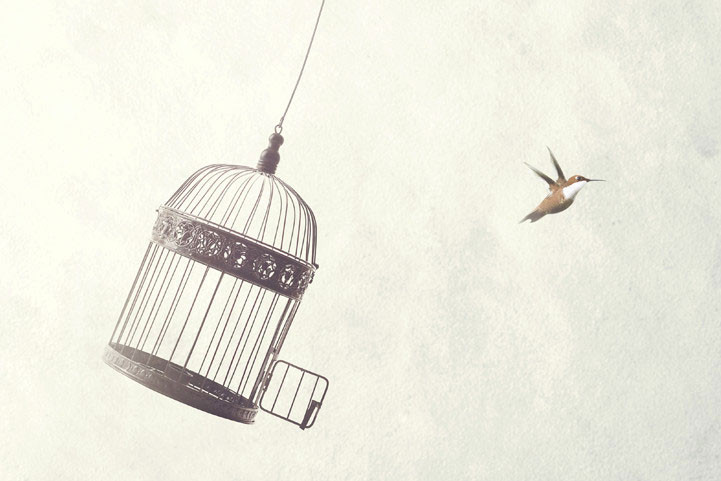By: Dr. Emanuel Adil Ghouri
The forced marriage and religious conversion of underage minority girls continues to be a serious human rights concern in Pakistan. Despite repeated public outcry and calls for legislation, successive governments have failed to enact effective legal safeguards to prevent such incidents, largely due to political pressures and resistance from religious groups.
According to a 2015 report by the Aurat Foundation, around 1,000 minority girls are forced to convert to Islam every year. Investigations by the Catholic News Agency and several local rights organizations have corroborated these findings.
Efforts to legislate against the practice have repeatedly faltered.
The Sindh Assembly’s attempt to criminalize forced conversions was blocked in 2019, reflecting persistent political reluctance to confront the issue. Similar bills presented in the National Assembly in 2016, 2019, and again in 2021, such as the Prohibition of Forced Conversions Bill drafted by the Federal Ministry of Human Rights were all rejected following objections from the Ministry of Religious Affairs and the Council of Islamic Ideology.
Independent organizations, including the Center for Social Justice (CSJ), report a sharp rise in such cases since 2020. CSJ’s data shows that about 70% of victims of forced conversion were under the age of 18, with 63% younger than 14 years old. Only 8% of reported victims were above 18.
A recent report released by the National Commission for the Rights of Children (NCRC) on April 30, 2025, in Islamabad, underscored the seriousness of the issue. The report highlighted that 69% of documented cases originate from Sindh, followed by 30% from Punjab, with a majority of victims being minor girls aged 14–18.
Government officials, however, continue to deny the allegations. Maulana Tahir Ashrafi, Chairman of the Pakistan Ulema Council and a government spokesperson on religious affairs, described the reports as “nonsense and baseless,” claiming there has not been a single case of forced conversion in the country.
Human rights bodies disagree.
The National Commission for Human Rights (NCHR) has conducted several rescue operations involving minor girls abducted for forced conversion and marriage. In a submission to the UN Committee on the Elimination of Racial Discrimination (CERD), the NCHR termed the practice “a violation of fundamental human rights and child protection laws.”
In April 2024, a group of UN experts in Geneva expressed concern over Pakistan’s failure to protect minority women and girls from abduction, early and forced marriage, and trafficking.
They urged authorities to investigate such cases thoroughly and ensure justice for victims.
Pakistan’s Constitution guarantees freedom of religion under Article 20, while Section 498B of the Pakistan Penal Code criminalizes forced marriages. Yet, enforcement remains weak. Activists say police often face pressure from powerful local figures to drop investigations or classify them as consensual conversions.
Human rights observers warn that many of these marriages appear to serve exploitative purposes. Victims are frequently abandoned or go missing after a brief period, raising fears of trafficking and sexual exploitation.
Despite international attention, rights advocates say Pakistan’s political will to address forced conversions remains limited. Until laws are effectively enforced and accountability ensured, minority girls remain vulnerable to one of the country’s most troubling human rights crises.


